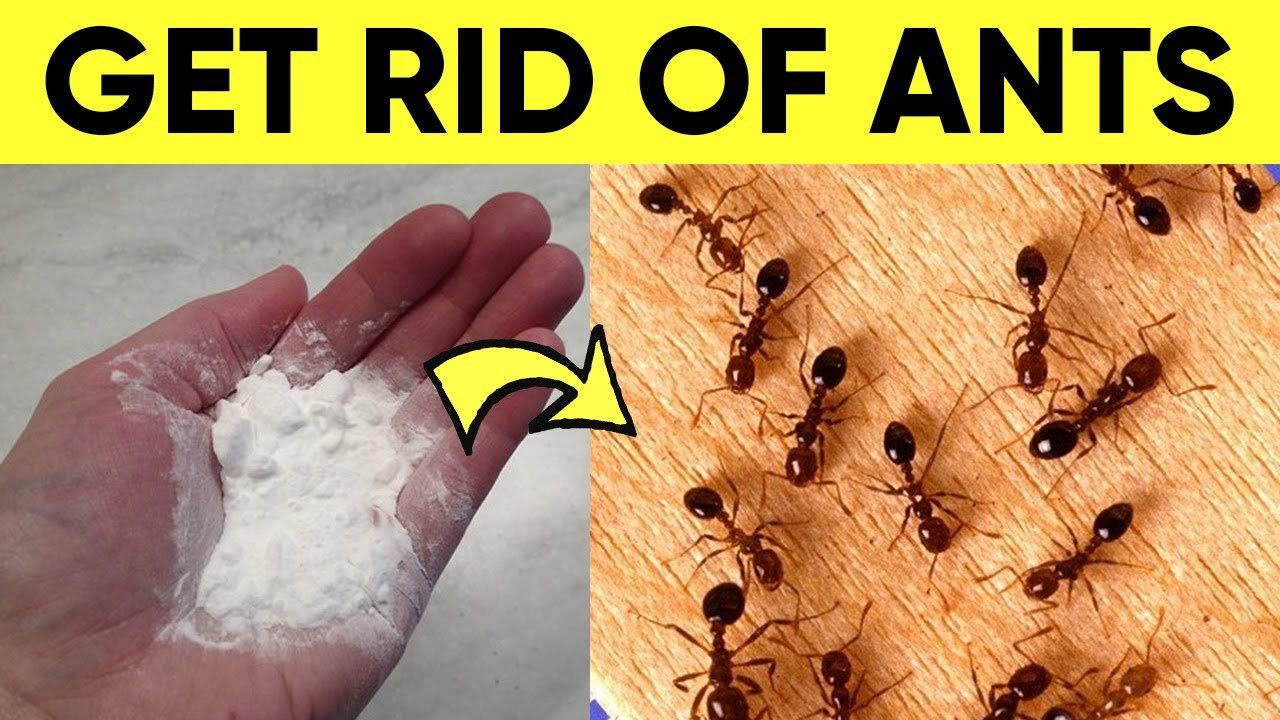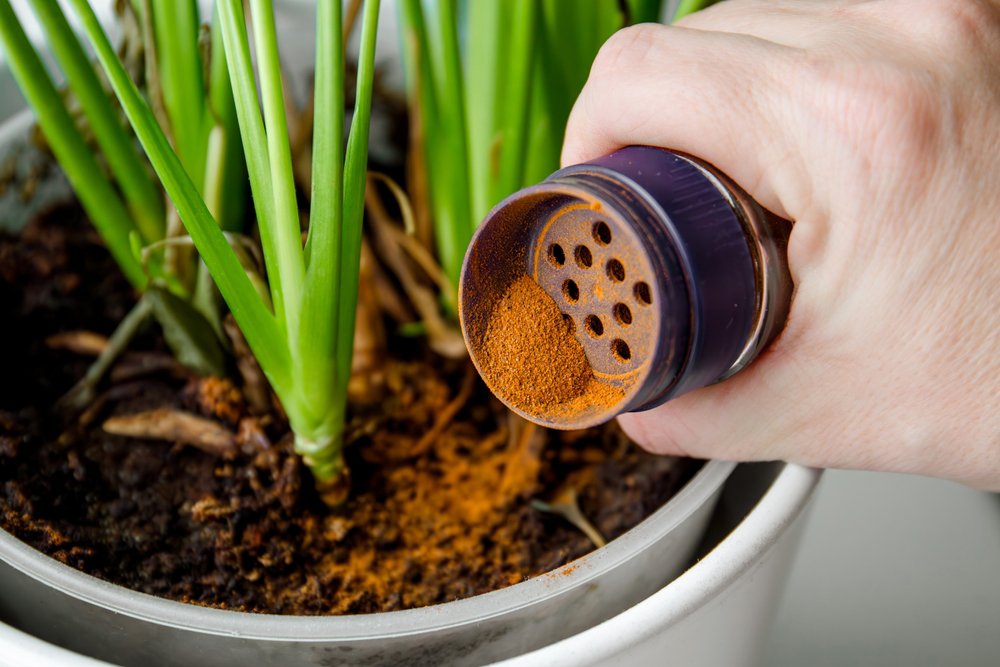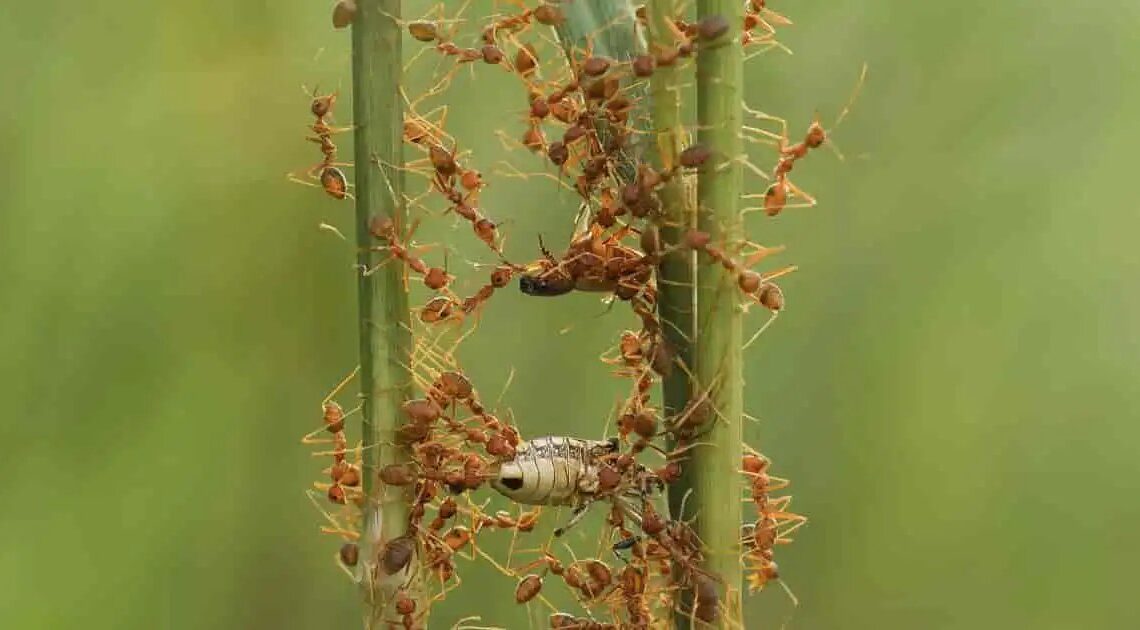When it comes to protecting plants, many gardeners are now choosing **natural methods** instead of chemical pesticides. One simple yet powerful solution is **sprinkling cinnamon powder around the base of plants**. This everyday kitchen spice is more than just a flavor enhancer — it’s also a natural insect repellent and antifungal agent.

## Why Cinnamon Works for Plant Protection
Cinnamon contains **cinnamaldehyde**, a compound with strong antimicrobial and insect-repelling properties. Its intense aroma is unpleasant for ants and termites, while its antifungal effects help prevent mold and root rot. This makes cinnamon powder a safe and eco-friendly alternative to chemical treatments.
## Benefits of Using Cinnamon Powder in the Garden
1. **Repels Ants and Termites** – Sprinkling cinnamon around the base of plants creates a barrier that insects avoid.
2. **Prevents Mold and Fungus** – Its antifungal properties help reduce soil-borne diseases and root infections.
3. **Safe and Natural** – Non-toxic to humans, pets, and plants, unlike synthetic pesticides.
4. **Low-Cost Solution** – Affordable and easily available in every kitchen.
5. **Eco-Friendly Gardening** – Reduces chemical use, helping maintain a healthy soil ecosystem.

## How to Use Cinnamon Powder for Plants
– **Direct Sprinkle**: Spread a thin layer of cinnamon powder around the plant’s base to deter ants and termites.
– **Fungal Treatment**: Dust cinnamon powder lightly on plant wounds or cuttings to prevent mold growth.
– **Mix with Soil**: Blend a small amount into potting soil to protect seedlings from fungal infections like damping-off.
## Tips for Best Results

– Reapply after heavy rain since water can wash away the powder.
– Use in moderation — too much powder may alter soil balance.
– Combine with other natural methods like neem oil spray for broader pest control.
—
✅ By simply using **cinnamon powder**, you can naturally protect your plants from **ants, termites, and mold** without relying on harmful chemicals. It’s safe, sustainable, and highly effective — making it a must-try gardening hack for healthier, greener plants.
